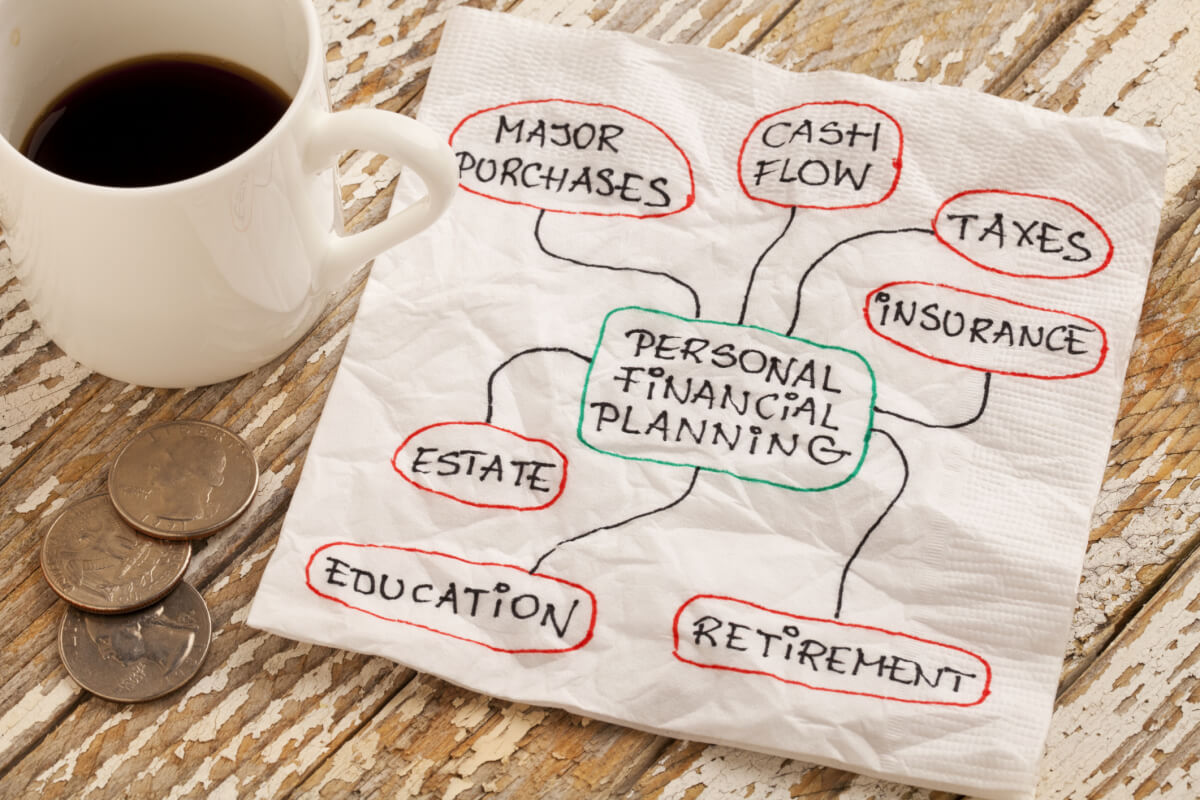You’re looking to start a business. You have a great idea. You are starting to evaluate the feasibility of your idea. Maybe you’ve drafted a business plan and created a financial forecast for the business. You’ve spent countless hours thinking about how you can build your business to be financially sustainable. But, have you prepared your personal finances to sustain you while you build your business?
All too often as entrepreneurs, we focus solely on the financial prospects of our business and neglect our own personal finances. Getting a handle on our personal finances is critical for our business’ success. This week, we’re looking at why you need to prepare your personal finances before starting your business.
Business Income Will Be Volatile
It takes a lot of time and effort to build a financially sustainable business. New businesses rarely make consistent sales and often are not able to cover their costs in the first few months or years. Yes, it might be years before your business makes enough of a profit for you to receive a salary or live off its profits. As a result, you need to have a plan for how you will cover your living expenses during this time.
Avoid Making Decisions Based on Scarcity
If you’re in a financial position where you’re relying on your business to provide you with personal income in the near term, you are more likely to make decisions from a scarcity mindset. This could end up compromising the integrity of your business. That is, you may end up chasing business opportunities that are not aligned with your values, ideal customer profile, the terms of your product and service offering, or that don’t value your work appropriately—all, in order to quickly make personal income off of the business. In the long run, these decisions might hurt your business’ prospects.
There Will Be Additional Expenses
To launch your business, there will be some startup expenses, such as registering your domain name and launching your website, setting up a legal entity, purchasing equipment or inventory, or putting down a deposit on a physical space.
According to the Small Business Administration, the average business needs $15,000-$20,000 of startup costs to get off the ground.
You’ll need to either finance those startup costs through your own income and savings or seek funding from other sources.
It Might Affect Funding for Your Business
If you are seeking funding for your business, your personal financial situation might have an impact on your funding options. For example, most business lenders will take into account your personal credit score when deciding whether to lend to your business, how much to lend, and at what interest rate. Angel and venture capital investors may also check your personal credit history for any past issues as they assess your ability to manage the business’ finances.
What if It Doesn’t Work Out?
As entrepreneurs, we’re optimistic about our business’ future. Yet, starting and growing a business has a lot of risks, and the failure rate of new businesses in their first few years is really high. If your business doesn’t work out, you may be out of a job and need a financial cushion to fall back on. And, if you financed your business with any loans, you may still be responsible for paying them down. The better prepared you are from the start, the better you’ll be able to manage through this worst case scenario if it arises.
If you’re starting a business and appreciate (or have been concerned by) this post, please check back next week when we’ll cover how to shore up your personal finances for business ownership.

